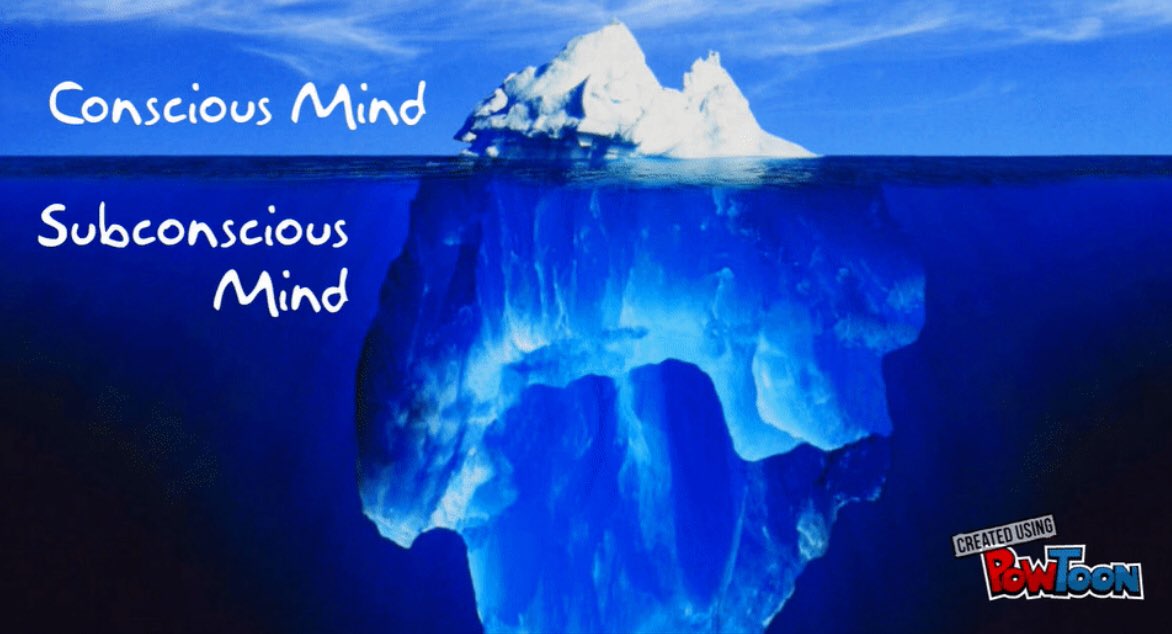For example, I see Self Fulfilling Prophecy quite frequently when retrograde seasons hit. A lot of people assume they’re going to be thrown extreme difficulties their way because of the Rx — to the point that it inevitably DOES cause it to occur
Looking at the current Venus Rx, a lot of people are fearing for the stability of their relationships. They may be in constant worry for arguments to arise. They may be so on edge that it causes these arguments to happen due to tension they’re creating
Nonbelievers on the other hand may use this self fulfillment by seeing one archetype of their sign that they don’t relate to and immediately writing off that astrology has to be fake — w/o looking into why they may not relate (also confirmation bias)
With Self Fulfilling Bias creating predictions to unconsciously happen, this can reaffirm the belief of the Venus Rx causing it (Confirmation Bias) whereas it was actually your unconscious actions creating the predicament, independent of the Rx.
Another way I’ve seen this play out is by assuming how someone is going to act based on placements. It’s so engrained that they’re going to be like x,y,z that it’s what you look for so that you can say “see! i told you!”
On the flip side, people who don’t “believe” in astrology typically will have this cognitive bias and only listen to the opinions of scientists/people in general who hold the same belief about it. They’ll refuse to accept that it may just be true
Although I definitely think that guessing placements is an art that people 100% have - I’m more talking about the after, when the results have already been talked about. “Oh I could’ve told you they have a Capricorn Mercury in the 3rd, it’s so obvious!”
An example for a nonbeliever is pretty straight forward and probably the most common I see. They could look at people guessing the wrong placements and go “Well I could’ve told you they would’ve been wrong, astrology isn’t even real!”
This can often be seen when individuals base their opinions for placements only on their personal experiences. The matter of the fact is, your personal experiences are VERY minimal compared to the entire population of that sign
Next time you want to write off ever dating or interacting with someone with a specific placement, are you just subjecting yourself to this cognitive bias? Probably. Remember, there’s a whole chart — don’t let it hinder possible future relationships!
This can be seen in nonbelievers when they look at a couple of people who don’t relate to their sign and then say things like “If astrology is real why don’t me and my mom relate to our signs?” What about the millions of people who do?
Magazine horoscopes typically use this effect to meet a wider audience. There are scammers within this community who also play a role, but astrology is so personalized and complex once you truly learn. Genuine astrologers aren’t the ones I’m talking about
Nonbelievers like to use this excuse also when astrologers are talking about sign archetypes which ARE generalized. It’s your birth chart and how each placement interacts together which separates the generalization to personalization
Stereotyping often happens when we boil people down simply to their placements — and only that. Assuming a certain person is going to act a certain way because of a placement would be indicative of stereotyping. External factors play a role, too!
This is why I always tell people not to find out new dates charts until after they really get to know them. Knowing the chart beforehand can negatively impact how you view them without your knowledge! (Also confirmation bias)
Nonbelievers like to stereotype astrologers or just those that practice astrology as “uneducated” or “ignorant” without realizing just how much knowledge goes into astrology. It takes years & YEARS of studying and you still wouldn’t know everything
1. positivepsychologyprogram.com/self-fulfillin…
2. verywellmind.com/what-is-a-conf…
3. damninteresting.com/the-baader-mei…
4. verywellmind.com/what-is-a-hind…
5. psychology.iresearchnet.com/social-psychol…
6. britannica.com/science/Barnum…
7. simplypsychology.org/katz-braly.html
Extra info: verywellmind.com/what-is-a-cogn…

















